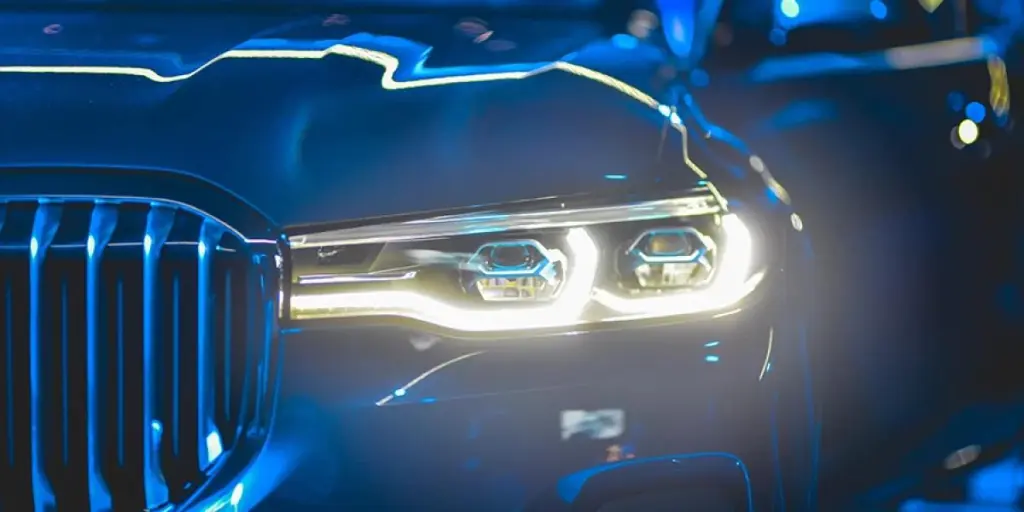The BMW Group and the Toyota Motor Corporation are collaborating to bring a new generation of fuel cell powertrain technology to the roads. Both companies share the aspiration of advancing the hydrogen economy and have extended their collaboration to push this locally zero-emission technology to the next level.
The BMW Group and the Toyota Motor Corporation will jointly develop the powertrain system for passenger vehicles, with the core fuel cell technology (the individual third-generation fuel cells) creating synergies for both commercial and passenger vehicle applications.
The result of this collaborative effort will be utilized in individual models from both BMW and Toyota and will expand the range of FCEV options available to customers.
Customers can expect the BMW and Toyota FCEV models to maintain their distinct brand identities and characteristics, providing them with individual FCEV options from which to choose. Realizing synergies and amalgamating the total volume of powertrain units by collaborating on development and procurement promises to drive down the costs of fuel cell technology.
After successfully testing the BMW iX5 Hydrogen pilot fleet worldwide, the BMW Group is now preparing for series production of vehicles with hydrogen drive systems in 2028 on the basis of the jointly developed next-generation powertrain technology.
The series production models will be integrated into BMW’s existing portfolio, i.e. BMW will offer an existing model in an additional hydrogen fuel cell drive system variant.
As FCEV technology is another electric vehicle technology, the BMW Group explicitly views it as complementing the drive technology used by battery electric vehicles (BEV) and next to plug-in hybrid electric vehicles (PHEV) and internal combustion engines (ICE).
The pathway to realizing the full potential of hydrogen mobility includes its use in commercial vehicles and the establishment of a refueling infrastructure for all mobility applications, including hydrogen-powered passenger vehicles.
Recognizing the complementary nature of these technologies, the BMW Group and the Toyota Motor Corporation are supporting the expansion of both hydrogen refueling and battery electric vehicle charging infrastructure. Both companies are encouraging sustainable hydrogen supply by creating demand, working closely with companies that are building low-carbon hydrogen production, distribution, and refueling facilities.
The BMW Group and Toyota Motor Corporation are advocating the creation of a conducive framework by governments and investors to facilitate the early-stage penetration of hydrogen mobility and ensure its economic viability. By promoting the corresponding infrastructure, they aim to establish the FCEV market as an additional pillar alongside other powertrain technologies. Furthermore, the companies are seeking regional or local projects to further drive the development of hydrogen infrastructure through collaborative initiatives.
Source from Green Car Congress
Disclaimer: The information set forth above is provided by greencarcongress.com independently of Alibaba.com. Alibaba.com makes no representation and warranties as to the quality and reliability of the seller and products. Alibaba.com expressly disclaims any liability for breaches pertaining to the copyright of content.




